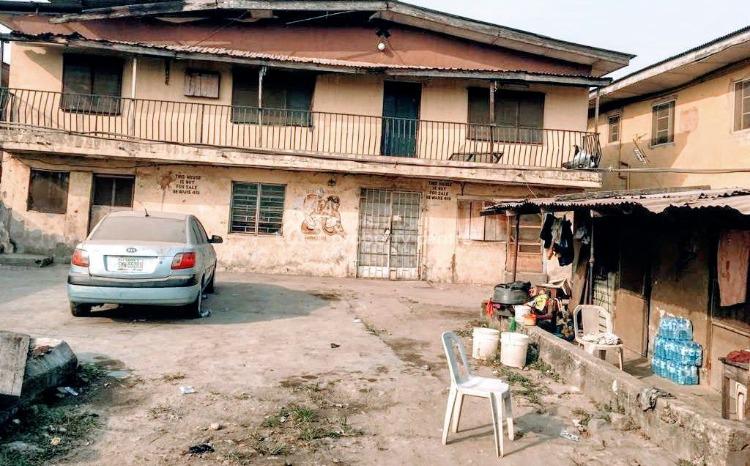One of the most frequent natural catastrophes in Nigeria is chronic flooding, which has recently become a “overwhelming” disaster. Despite warnings
Citizens who throw refuse inside gutters and drainage are remote culprits . If the drainages are blocked where should the water go? In people’s houses , roads etc
Annual flooding is becoming more common in some states during this wet season.
Nigeria’s flooding is mostly human induced and exacerbated by human-nature interactions. Poor or non-existent drainage systems are a major cause of flooding.
Many residential areas rely on natural drainage channels because they lack a drainage system. Additionally, as the urban population grows, more areas will be made of concrete, which cannot absorb water and will result in additional runoff.

Poor waste management is another recognised factor. Citizens’ poor attitude to waste disposal and non-provision of waste disposal services by municipal authorities contributes to flooding. It is not uncommon to have drains blocked by refuse in urban areas.
Other factors are unregulated urban expansion – Nigeria is experiencing high urbanisation rates without commensurate provision of urban infrastructure and amenities. Agricultural lands are increasingly being converted to residential areas to accommodate housing needs.
But there’s lax implementation of planning laws. One consequence of this is the there have been construction projects on natural floodplains and storm water paths. This has exacerbated flooding.
Corruption is also a factor. It is not uncommon for town planning officials to accept bribes and overlook issues. These may include unauthorised use of land and alteration of approved construction plans.
Some citizens also capitalise on the loophole of ineffective development control and extend their buildings over the approved areas. Sometimes they go as far as building over drains.

What needs to be done
Currently, there is no flood management policy in Nigeria. The lack of relevant legal and policy frameworks is an indication of the low importance given to controlling and managing flooding in Nigeria.
“Integration of flood risk management with spatial planning is the way to go”
The government is not lacking research institutions and agencies with the skills to design a flood risk management strategy. For instance, the National Emergency Management Agency has a department of planning utilising geographical information system to work on flood data. Still, there are no effective national early warning system in place for floods at the federal, state, and local governments.
The Nigerian Meteorological Agency, on its part provides seasonal rainfall predictions, but communication remains a problem. Integration and coordination are lacking among the existing government bodies who sometimes carry out flood control projects without liaising with each other.
Sustainable urban planning and green infrastructure could also be combined with information and communication technology tools. Citizens can use these to communicate with the relevant authorities at the onset of flooding.
Addressing Nigeria’s perennial flooding is important for the country to make progress. The human-induced causes of flooding should be addressed urgently. Not doing this will delay its journey to sustainable development.
Video Credit ; AIT News






Leave a reply